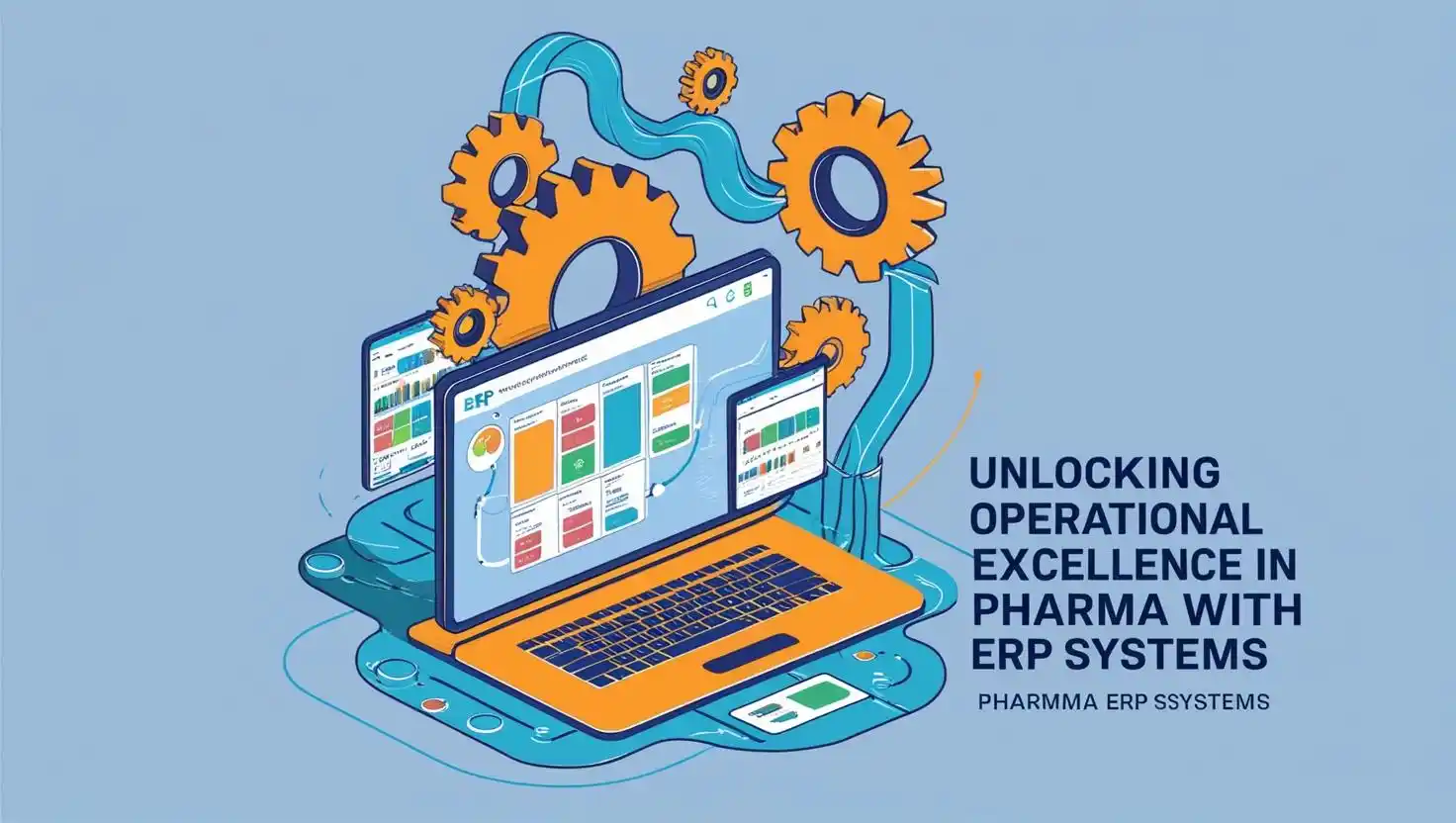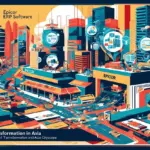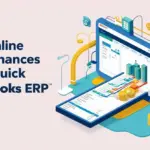In the rapidly evolving pharmaceutical industry, the need for efficient management systems has never been more critical. Pharma ERP software stands at the forefront of this transformation, offering solutions that streamline operations and enhance compliance. But what exactly is ERP software, and why is it essential for pharmaceutical companies?
What is ERP Software?
Enterprise Resource Planning (ERP) software is a comprehensive suite of applications designed to manage and integrate core business processes. From finance to supply chain management, ERP systems provide a unified platform that facilitates data sharing and collaboration across departments. In the context of the pharmaceutical industry, ERP software plays a pivotal role in ensuring that operations run smoothly and efficiently.
The Importance of ERP in the Pharmaceutical Industry
Streamlining Operations
Pharmaceutical companies face unique challenges, including stringent regulations and complex supply chains. ERP software helps streamline operations by automating routine tasks, reducing manual errors, and ensuring that all departments are aligned. This integration is crucial for maintaining productivity and meeting market demands.
Enhancing Compliance
Compliance with regulatory standards is non-negotiable in the pharmaceutical sector. ERP systems are equipped with features that help track compliance requirements, ensuring that companies adhere to industry regulations. This capability not only mitigates risks but also fosters trust with stakeholders.
Key Features of Pharma ERP Software
Inventory Management
One of the standout features of pharma ERP software is its robust inventory management capabilities. This functionality allows companies to monitor stock levels in real-time, manage expiration dates, and optimize order quantities. By maintaining accurate inventory records, businesses can reduce waste and ensure that they meet customer demands promptly.
Regulatory Compliance Tracking
Given the regulatory landscape in the pharmaceutical industry, having a system that tracks compliance is invaluable. ERP software can automate the documentation process, ensuring that all necessary records are maintained and easily accessible during audits.
Financial Management
Effective financial management is crucial for any business, and pharmaceutical companies are no exception. ERP systems provide tools for budgeting, forecasting, and financial reporting, enabling organizations to make informed financial decisions.
Supply Chain Management
A well-functioning supply chain is vital for the success of pharmaceutical companies. ERP software enhances supply chain visibility, allowing businesses to track products from manufacturing to distribution. This transparency helps identify bottlenecks and improve overall efficiency.
Benefits of Implementing Pharma ERP Software
Improved Efficiency
By automating processes and providing a centralized platform for data management, pharma ERP software significantly improves operational efficiency. Employees can focus on higher-value tasks rather than getting bogged down by administrative duties.
Cost Reduction
While the initial investment in ERP software may seem daunting, the long-term cost savings are substantial. By optimizing processes and reducing waste, companies can achieve a quicker return on investment.
Better Decision-Making
With access to real-time data and analytics, decision-makers can make informed choices that drive business growth. ERP systems provide insights that help identify trends, forecast demand, and allocate resources effectively.
Challenges in Implementing Pharma ERP Software
High Initial Costs
One of the primary challenges of implementing ERP software is the initial cost. The investment required for software, training, and system integration can be significant. However, companies must weigh these costs against the potential benefits.
Change Management
Transitioning to a new ERP system can be met with resistance from employees accustomed to existing processes. Effective change management strategies are essential to ensure a smooth transition and foster acceptance among staff.
Choosing the Right Pharma ERP Software
Assessing Business Needs
When selecting an ERP system, it is crucial to assess the specific needs of the business. Different software solutions offer varying features, and understanding what is necessary for your organization will guide the selection process.
Vendor Reputation
The reputation of the ERP vendor is another critical factor. Companies should research potential vendors, looking for reviews and case studies that demonstrate their reliability and effectiveness in the pharmaceutical sector.
Future Trends in Pharma ERP Software
Integration with AI and Machine Learning
As technology continues to advance, the integration of artificial intelligence (AI) and machine learning into ERP systems is becoming increasingly prevalent. These technologies can enhance data analysis, automate processes, and improve decision-making.
Cloud-Based Solutions
The shift towards cloud-based ERP solutions is another trend to watch. Cloud technology offers flexibility, scalability, and cost-effectiveness, making it an attractive option for pharmaceutical companies looking to modernize their operations.
Conclusion
In conclusion, pharma ERP software is an indispensable tool for pharmaceutical companies striving for operational excellence. By streamlining processes, enhancing compliance, and providing valuable insights, ERP systems empower organizations to navigate the complexities of the industry effectively. As technology continues to evolve, embracing these solutions will be crucial for staying competitive in the ever-changing pharmaceutical landscape.







